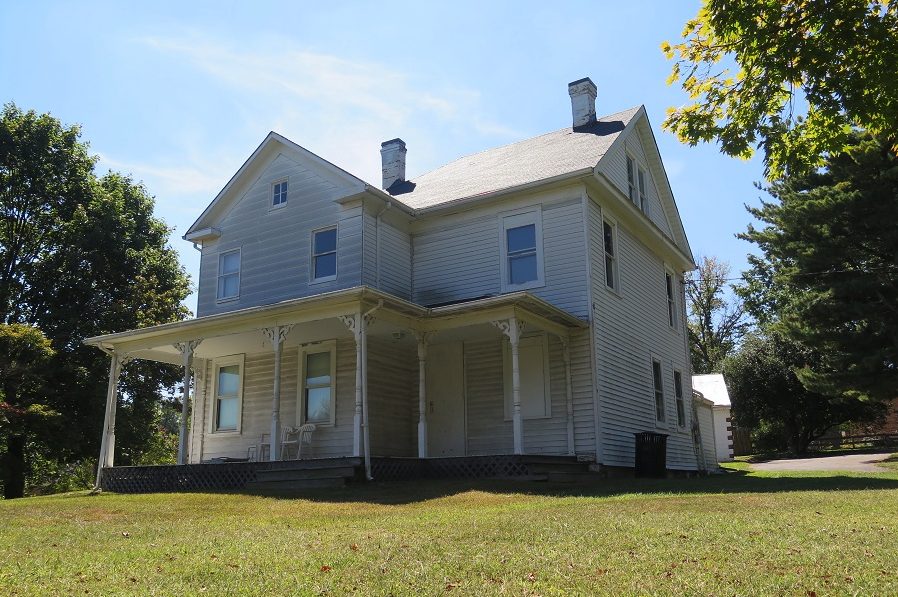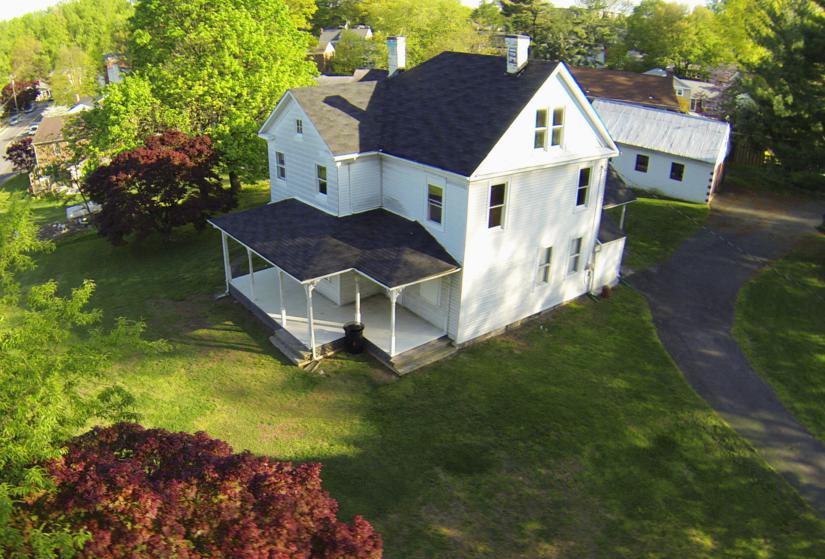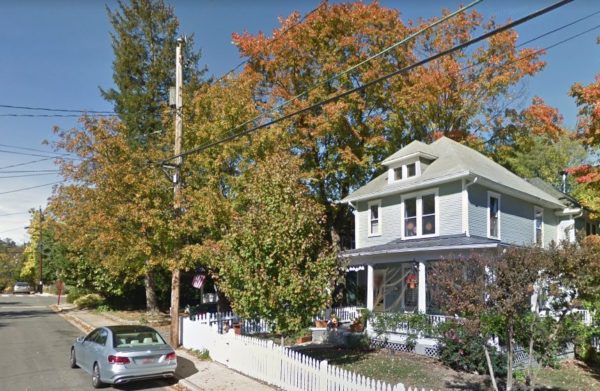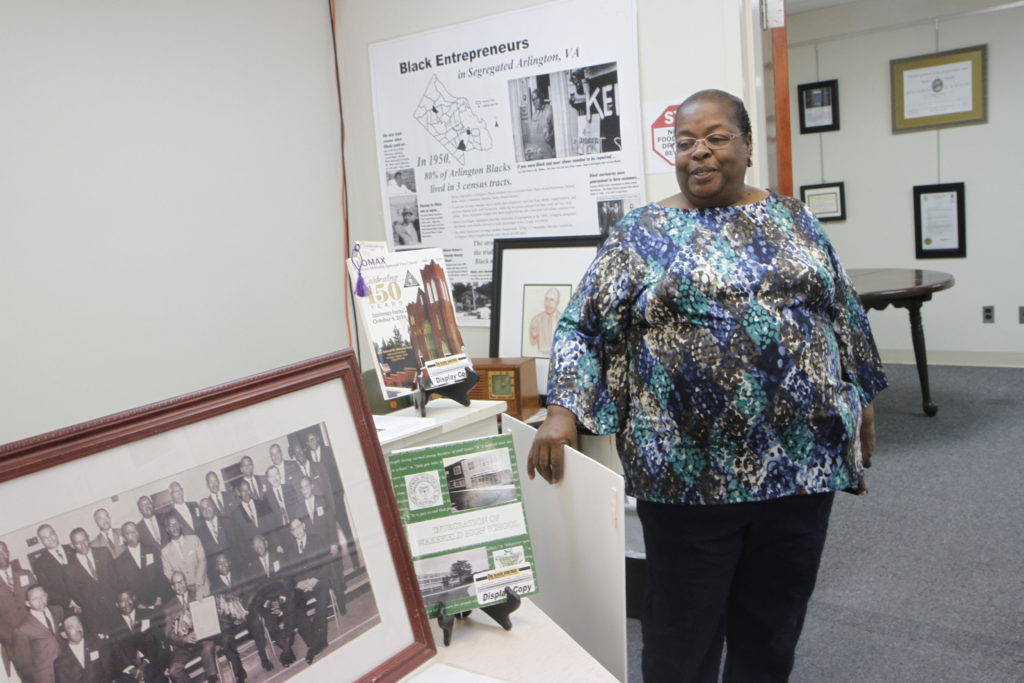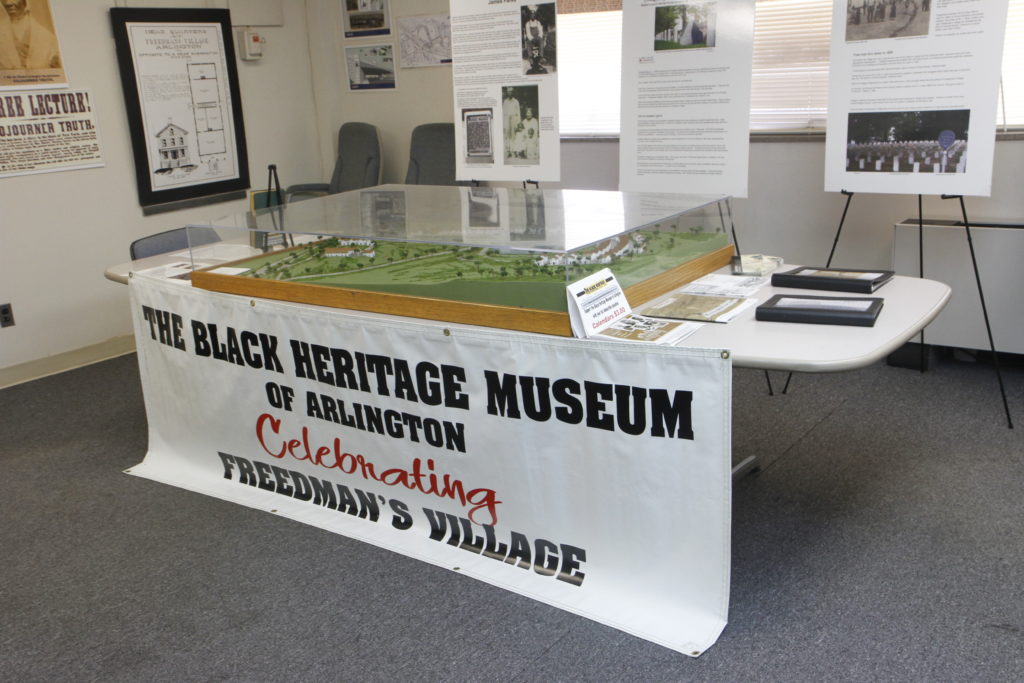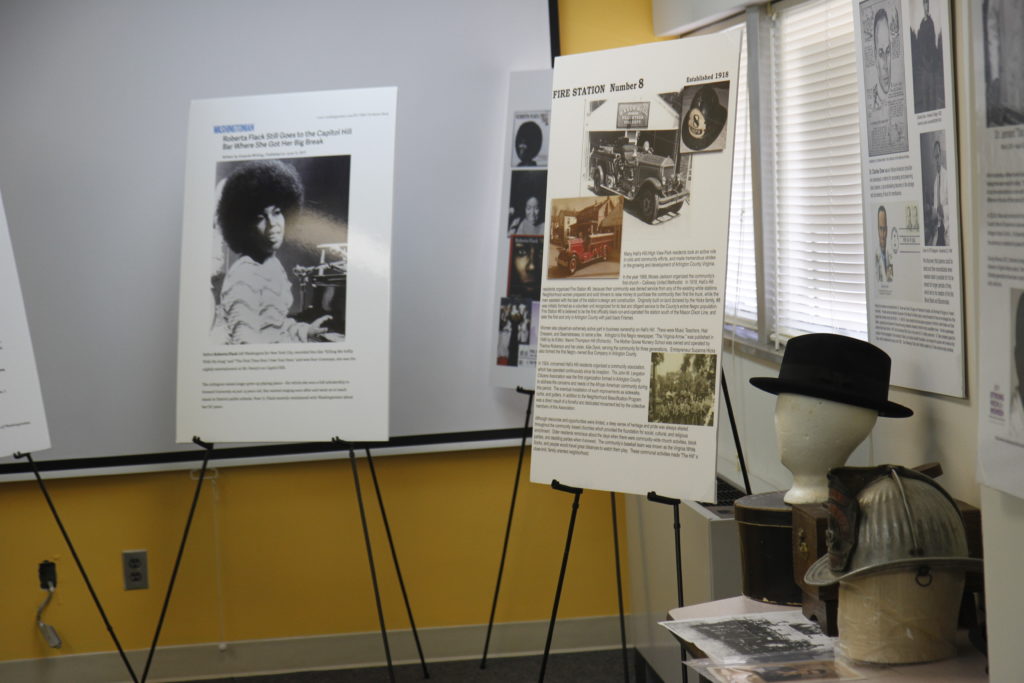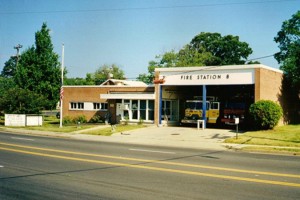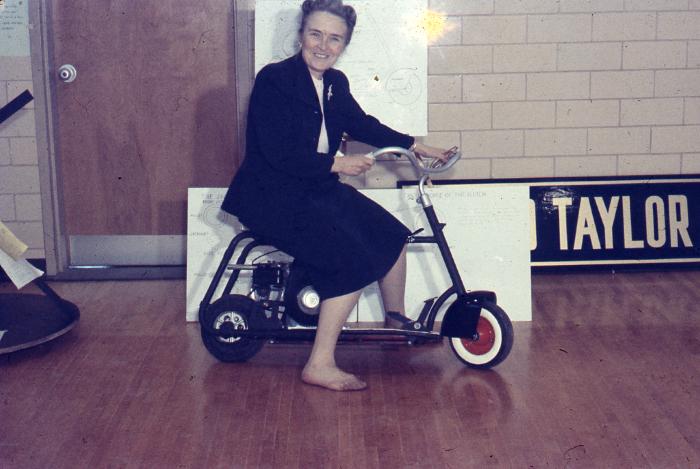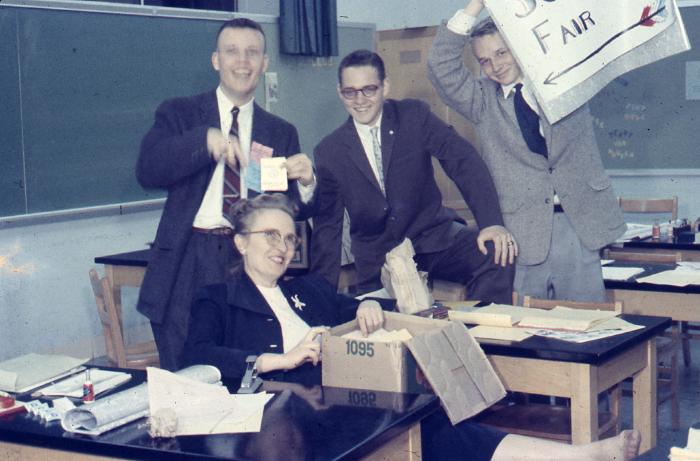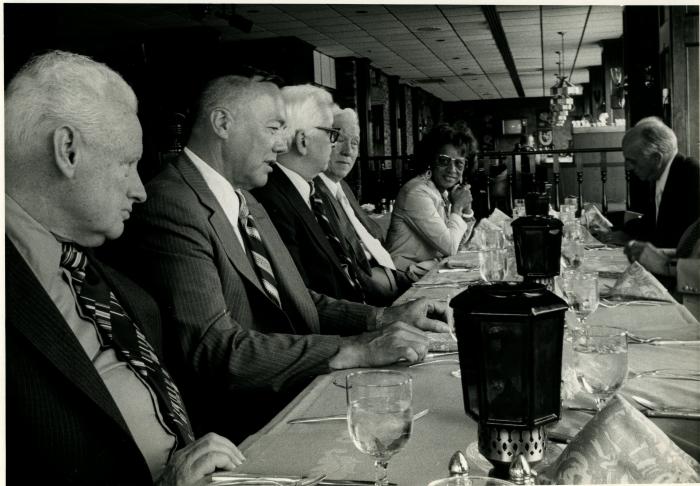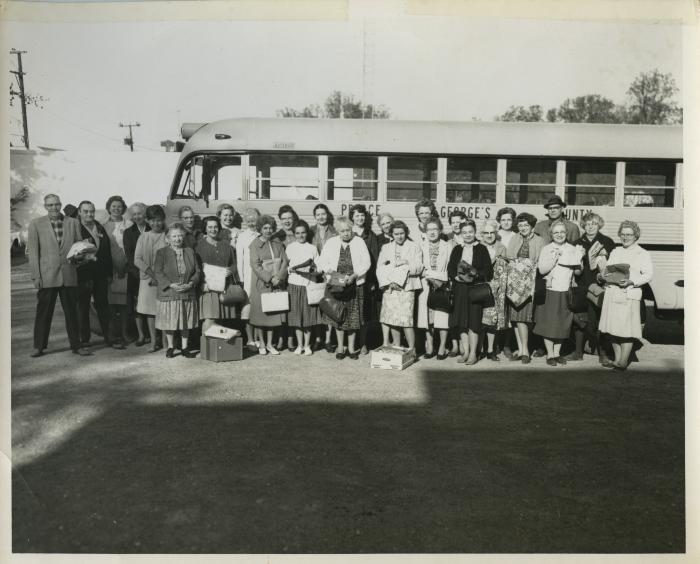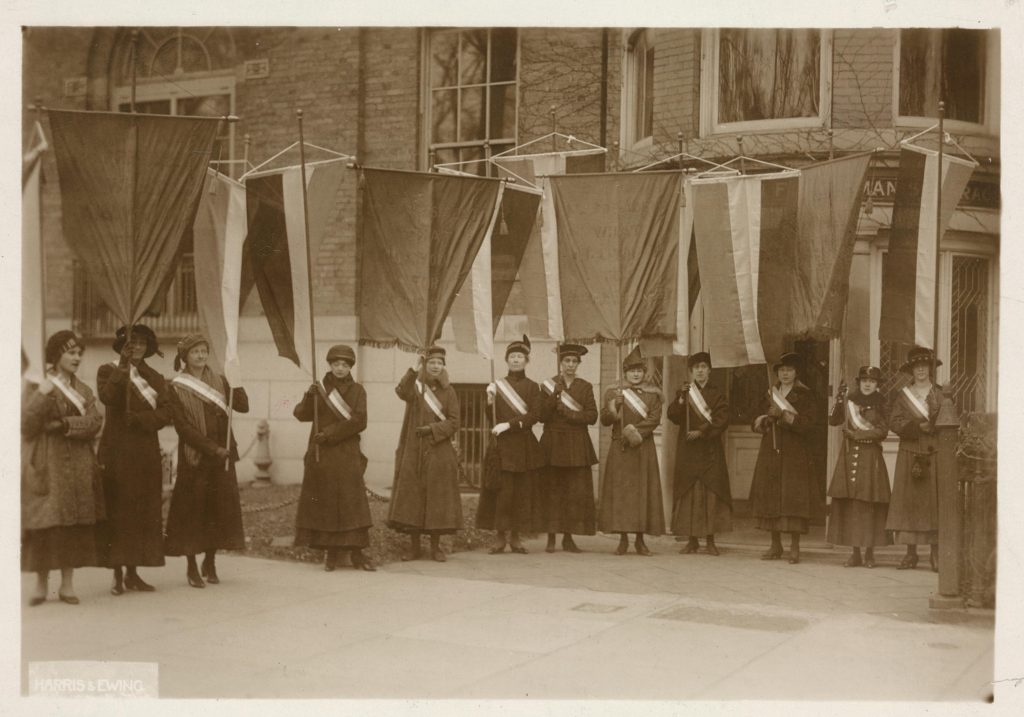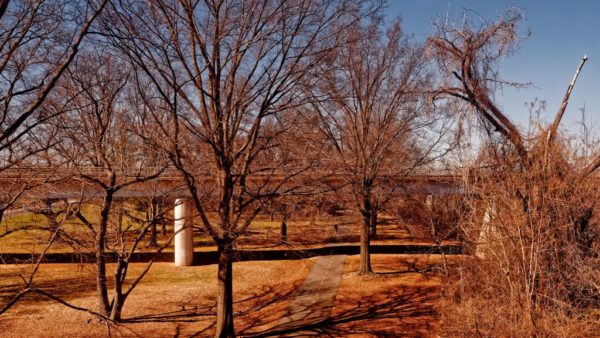On a summer day in 1988, prosecutor Helen Fahey addressed an Arlington jury. It was the sentencing phase in a six-day long capital murder trial.
“Something is terribly, terribly wrong with Timothy Spencer,” she said.
That trial opened 30 years ago this month, on July 11, 1988. It ended with a death sentence.
Spencer, sometimes known as the “South Side Strangler,” was convicted for the brutal rape and murder of Susan Tucker, a 44-year-old Fairlington resident. He would eventually accumulate three more death sentences for similar killings in and around Richmond.
The story is significant in American legal and scientific history because it represents the nation’s first capital murder conviction based on DNA evidence. No serial killer in any country had previously been convicted with DNA.
Richmond-based writer Richard Foster is chronicling the story in painstaking detail through a 10-episode podcast, entitled Southern Nightmare.
“The fact is there was no other evidence directly linking Spencer to the scene besides the DNA,” Foster said. “That’s what’s really so groundbreaking about this case.”
Foster spoke with sources including homicide detectives, FBI profilers and friends and family of Spencer’s victims to outline a chilling tale of escalating criminal behavior, tragedy and the struggle for justice.
Years earlier, from summer 1983 through January 1984, investigators believe Spencer committed a series of crimes including eight rapes in and near Arlington in what Foster describes as a “seven-month terroristic campaign.”
Those crimes culminated in Spencer’s first murder, in the 23rd Street S. home of lawyer Carolyn Hamm.
That January, the attacks abruptly stopped, only to resume in September 1987 with the rape and murder of Debbie Davis, a 35-year-old Richmond resident.
As Foster relays in the podcast, Arlington County detective Joe Horgas discovered that this timeline lined up with a prison stint for Spencer — he was arrested for an Alexandria burglary in January 1984, and released to a halfway house in Richmond in September 1987.
When Horgas visited the halfway house in Richmond, he found something else. Spencer had been signed out of the house when each of the murders occurred, and he had furlough to visit his mother in Arlington when Susan Tucker was killed.
Arlington detectives arrested Spencer in Richmond on Jan. 20, 1988 with a grand jury indictment for burglary, rape and murder.
Spencer was never tried for the 1983-84 crimes or for Hamm’s murder. The DNA left behind at the Hamm murder scene had degraded beyond usefulness, and he had received death sentences for the other murders.
But Spencer’s implication in the Hamm case led Virginia Gov. Gerald Baliles to pardon David Vasquez, who had been sentenced to 35 years in prison for Hamm’s murder after submitting an Alford plea — not admitting guilt, but conceding that there was enough evidence to convict him.
Vasquez’s sentence “was an obvious miscarriage of justice and it’s very sad,” Foster said. “[Vasquez] was a man who functioned at about the level of a 10-year-old depending on the situation.”
The Spencer case, in spite of its significance, seems to be “one of those cases that… fell through the cracks, historically,” Foster said.
At the time, DNA evidence was quite new to the courtroom, and there was uncertainty over whether juries would accept it. This case “made it so it wasn’t as difficult to put on DNA cases… in the future,” Foster said.
Without DNA evidence in Spencer’s trials, “I definitely don’t think they would’ve gotten the four convictions they got,” Foster said. “I think that would’ve been a lot tougher.”
Spencer was executed April 27, 1994 — the last person in Virginia to be put to death with the electric chair.
Photo via Facebook



